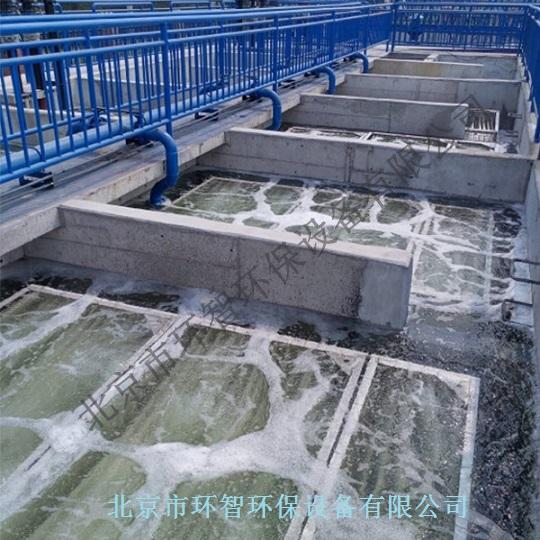Selection criteria for sewage treatment process
Criteria for selection of sewage treatment process
Sewage treatment process is a kind of economic, reasonable, scientific and effective process for urban domestic sewage and industrial wastewater. Sewage treatment is widely used in construction, agriculture, transportation, energy, petrochemical, environmental protection, urban landscape, medical treatment, catering and other fields.
Selection criteria:
1) The urban sewage treatment process shall be optimized and determined after comprehensive technical and economic comparison according to the treatment scale, water quality characteristics, environmental functions of receiving water bodies and local actual conditions and requirements.
2) The main technical and economic indicators for process selection include: investment per unit of water treatment, investment per unit of pollutant reduction, power consumption and cost per unit of water treatment, power consumption and cost per unit of pollutant reduction, floor area, reliability of operation performance, ease of management and maintenance, overall environmental benefits, etc.
3) The influent quality of sewage should be determined practically and the process design parameters should be optimized. The current water quality characteristics and pollutant composition of sewage must be investigated or measured in detail to make reasonable analysis and prediction. When the water quality composition is complex or special, the dynamic test of the sewage treatment process shall be carried out, and the pilot study shall be carried out if necessary.
4) Actively and prudently adopt efficient and economical new processes. For the new process applied for the first time in China, it must be applied after pilot test and production test, and reliable design parameters are provided.

